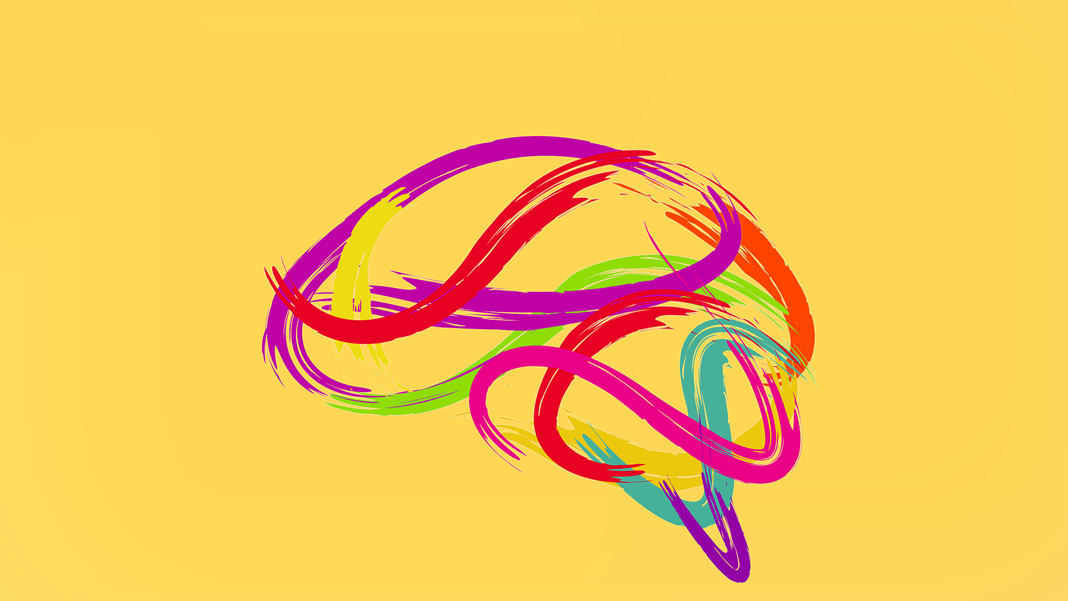
Psilocybin, the psychedelic compound that causes the trippy effects of magic mushrooms, could help people with alcohol use disorder drink less and potentially quit altogether. A new clinical study published August 25 in JAMA Psychiatry found that two doses of psilocybin combined with psychotherapy reduced the amount people drank compared with people who only received psychotherapy.
Psilocybin’s effects persisted for at least seven months after the second dose, suggesting it could be a potential long-term treatment for alcohol addiction.
“The findings are promising and exciting,” says lead study author Michael Bogenschutz, director of the NYU Langone Center for Psychedelic Medicine. “We saw large and very persistent effects that could help us find out what place psilocybin will play in the treatment of alcohol use disorder and potentially co-occurring mood and anxiety disorders.”
Though it enrolled fewer than 100 people, the trial “represents the largest psilocybin study to date, and the relatively robust outcomes in both overall drinking, and drinking-related behaviors in a study of this size are therefore noteworthy,” says James Giordano, professor of neurology and biochemistry at Georgetown University Medical Center who was not a member of the research team.
The Food and Drug Administration does not approve psilocybin as a treatment for any disorder. But in the past decade, a growing scientific movement has explored possible mental health benefits of psychedelics. Psilocybin, most notably, has shown to provide immediate and long-term relief for people with depression. Research suggests psilocybin’s effectiveness increases when combined with therapy, especially for treatment-resistant depression. The current trial tested psilocybin’s health benefits towards another condition: alcoholism.
About 14.5 million people in the US have alcohol use disorder; alcohol is the third-leading preventable cause of death among Americans. Heavy drinking rates have also soared during lockdown, with an increased 25 percent of alcohol-related deaths in the first year of the pandemic. While some medications and psychotherapy can effectively manage alcohol abuse, Bogenschutz says their effects are small. Only one person out of 60 with alcohol use disorder actually seek medical treatment.
The new randomized, double-blind clinical trial is based on the results of a 2015 pilot study led by Bogenschutz, in which his team tested the effects of two doses of psilocybin plus psychotherapy on 10 participants with alcohol dependence. While the previous study was not well-controlled, Bogenschutz observed that the treatment substantially decreased people’s drinking and there were no noticeable safety issues.
